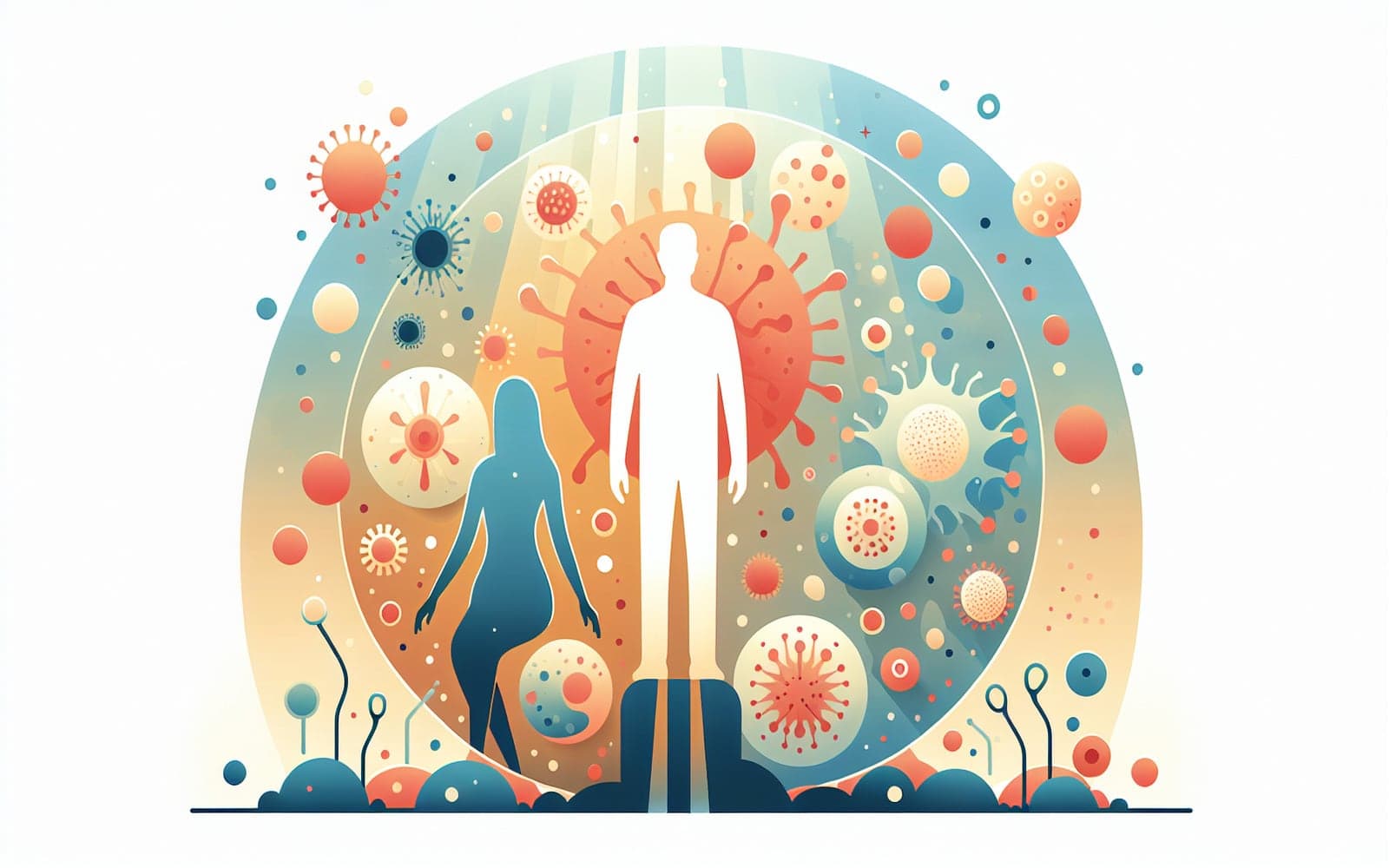Who's at Risk for Mono? Understanding the Risk Factors for Infectious Mononucleosis
Published: Jul 09, 2024

Medically reviewed by Alan Lucks | MD, Alan Lucks MDPC Private Practice - New York on July 9th, 2024.
Infectious mononucleosis, commonly known as 'mono', doesn't affect everyone equally. Certain factors can increase your chances of getting this viral infection. Understanding these risk factors can help you assess your own risk and take appropriate precautions.
Contents
Age Matters: The Prime Time for Mono
Mono is often called the 'kissing disease' because it primarily affects teenagers and young adults. The peak age range is 15 to 24 years old. While children can get mono, it's often milder and may go unnoticed. Adults over 40 can also get mono, but it's less common and may present differently.
Close Quarters: The Social Factor
Living or interacting in close quarters increases the risk of mono. College students, particularly in their first year, are at higher risk due to shared living spaces and increased social contact. Military personnel in basic training also have higher rates of infection. Any situation with close personal contact can increase transmission risk.

Immune System Status: A Key Player
People with weakened immune systems are more susceptible to mono and may experience more severe symptoms. This includes individuals with HIV/AIDS, those undergoing chemotherapy, or transplant recipients on immunosuppressive drugs. Stress and lack of sleep, which can temporarily lower immunity, may also increase susceptibility.
Frequently Asked Questions
It's rare, as most people develop long-lasting immunity.
No, only if one person has the active virus.
Some studies suggest variations, but more research is needed.
Stress alone doesn't cause it, but may increase susceptibility.
Key Takeaways
While anyone can get mono, understanding your risk factors can help you take appropriate precautions.
Curious about your personal mono risk? Chat with Doctronic for a personalized risk assessment and prevention tips.Related Articles
References
Balfour HH Jr, Odumade OA, Schmeling DO, et al. Behavioral, virologic, and immunologic factors associated with acquisition and severity of primary Epstein-Barr virus infection in university students. J Infect Dis 2013; 207:80.
Nye FJ. Social class and infectious mononucleosis. J Hyg (Lond) 1973; 71:145.
This article has been reviewed for accuracy by one of the licensed medical doctors working for Doctronic. Always discuss health information with your healthcare provider.

